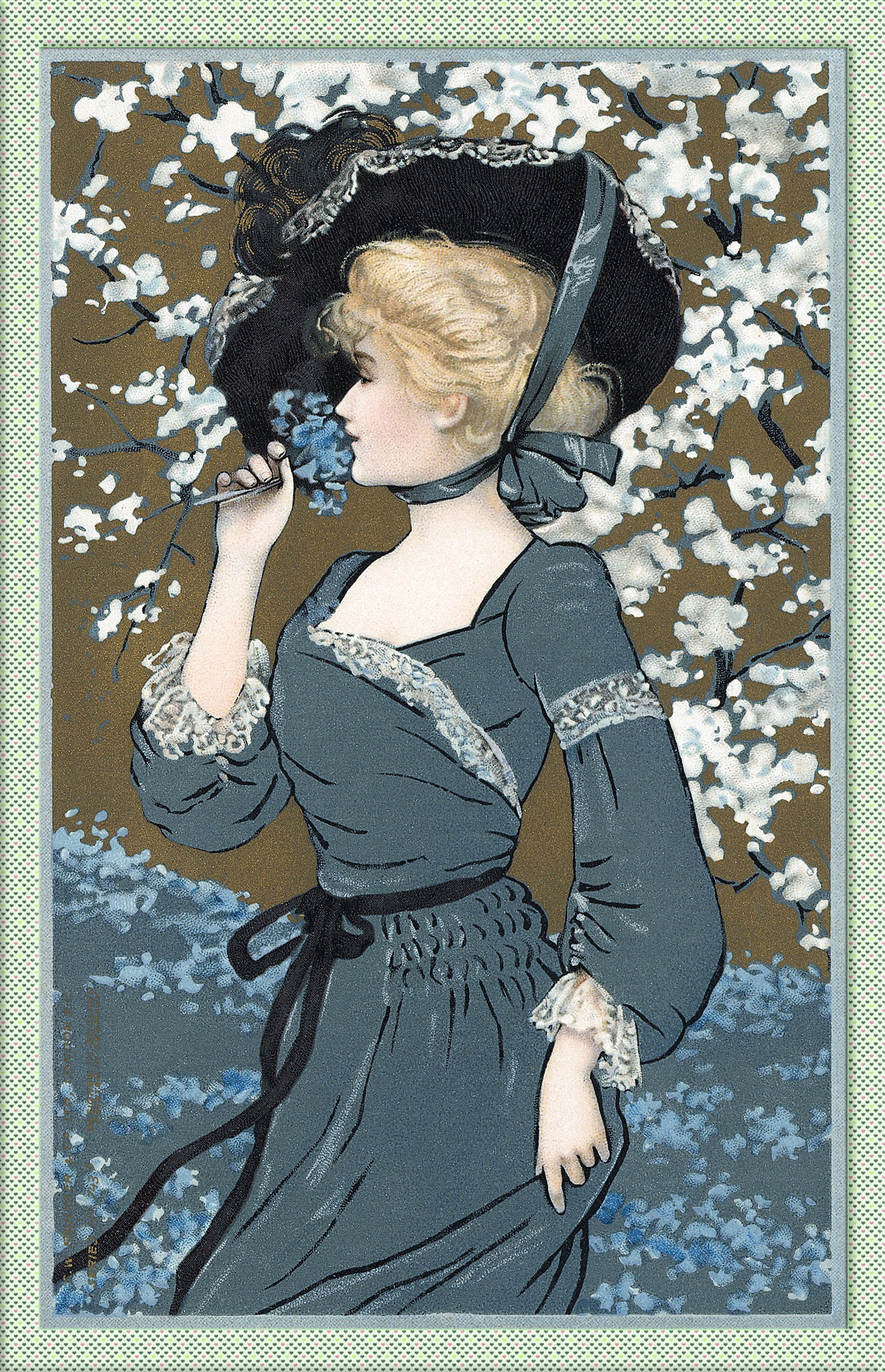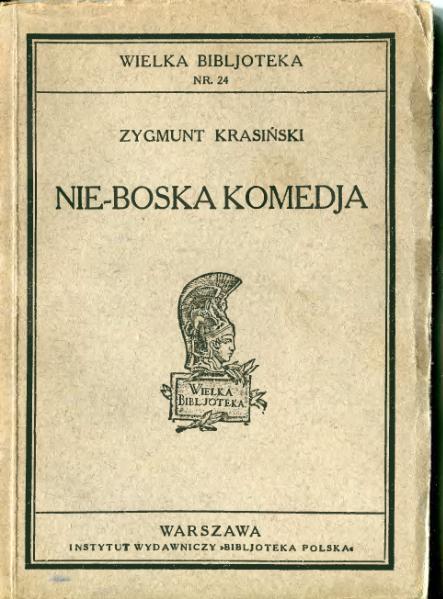
Maria Pawlikowska-Jasnorzewska: Bezpieczeństwo
2025-03-31
Zaproszenie na recital fortepianowy Ameli Sakai Ivanova
2025-04-03The world of Good and Beauty

The disappearance of high culture is not a topic over which the media would cry tears. The outbreak of war also caused the annihilation of the said high culture of the Second Republic, so enthusiasts of this period still despair today. The world of Good and Beauty was shattered irretrievably on September 17, 1939, and the nothingness in high culture, so characteristic of our times, does not concern the living and will be of little concern to future analysts of our era. will concern future analysts of our era.
Tadeusz Dołęga-Mostowicz also died during the September Campaign, and the Polish reality of the early 21st century has not been graced by the presence of a single truly national writer, a single truly national poet or simply an interdisciplinary creative mind. There was still hope, a few drops fell, the storm passed by.
I miss such a Franz Fischer endowed with a lively intelligence, delivering philosophical and bullshit monologues in pubs such as , “Ziemiańska” or , “Oasis”. Now he would have to meekly go to Mc Donald's and the tables of “At Sowa's” would be avoided with a wide bow. The said Franz Fischer shunned politics with disgust, although there is no contradiction in this - he made it the main subject of his public speeches. I wonder, if he lived in our time, however, he would have once again repeated forcefully that the condition for bringing order to Poland was to execute two hundred thousand scoundrels?
Literary cabaret blossomed anew in the Polish realities of the 1920s, with the famous hits , “Tango Milonga” or ,Does the lady live alone"- of course! In our time, literary cabaret and cabaret as such is increasingly a poor imitation of reality which the high culture of politics
has already managed to make cabaret.
The wittiest woman in the Second Republic, fond of sports, sensual elegance, dancing, sea trips, verbal skirmishes was Magdalena Samozwaniec. In the spheres of high culture, the First Grande Dame of Polish poetry - Maria Pawlikowska-Jasnorzewska, casting a hypnotic haze over a confused interlocutor, compared at the time to a sorceress, a fairy, a butterfly, living off poetry and poetry, would probably be amazed to see such an abundant harvest in our time.
Thus, one of my greatest passions, looking at the realities of the 20th century through the “windows of literature” works disastrously. The textbooks of the communist regime have censored the great names of Polish high culture so effectively that what should be obvious and known, savored and recalled becomes a brazen banality.And by the way, in sadness I recall that the last preview of Pawlikowska-Jasnorzewska's drama took place on the second day of World War II, and the audience was as much as half a class in the then defunct school.
Marta Moldovan-Cywińska




